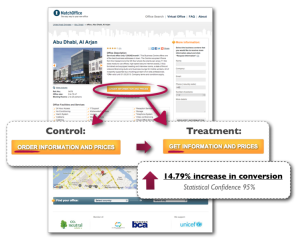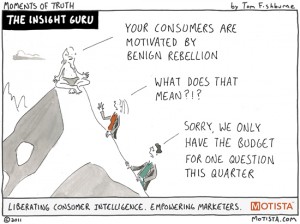Metatags affect where Google ranks a website
It is common belief that Meta-tags help websites rank higher on a search engine. This used to be the case; use as many keywords as possible and have a better chance of being ranked higher. However, Google and other search engines have stopped considering these as relevant now. This is not to say Meta-tags are not useful. Including useful keywords in Meta-tags title, encourages potential visitors to click on a particular websites, but does not affect ranking in any way.
Keyword stuffing is key to good rankings
Padding out content with endless keywords is not helpful for rankings; it reduces the content quality and has a negative effect. Whilst keywords are a factor in SEO, relevance and context are more important and should be considered more carefully. Content marketers would do well to remember the words of F. Scott Fitzgerald – “You don’t write because you want to say something, you write because you have something to say.” Write useful focused content that is engaging and interesting to an audience.
The amount of backlinks from blog comments matter
Inbound links to a website should be earned. It’s much better to have a relevant link from a third party leading to your website, than four links you posted yourself on other people’s blog post comment section. When posting links to your own website, consider if it is useful and/or relevant. Also, bear in mind Google penalizes irrelevant, spammy backlinks from these sources. So tread carefully.
Paid ads improve organic rankings
Although Google and other search engines want nothing more than to increase revenue through their paid listings, it’s simply not true that investing in PPC directly improves natural organic ranking.
Images and video are of no value for SEO
The bots that trawl websites cannot see images, or watch videos, however videos and images on websites are of value for SEO. Add value to videos or images by adding tags; this give the bots an idea to the type of content on the page. Videos and images are engaging; the search engines realise this too. Neglecting to put visual imagery on websites could be harmful.
Modern SEO requires a smart approach to outreach and positive PR, engaging others to link to your content through effective targeting based on merit. Search engines are increasingly capable of recognising and rewarding high quality, relevant content, and well-built, usable websites. Focusing on ensuring you deliver a great user experience for the right audience is, therefore, the most sensible strategy.
This post originally appeared on Decibel Digital.
(208)







